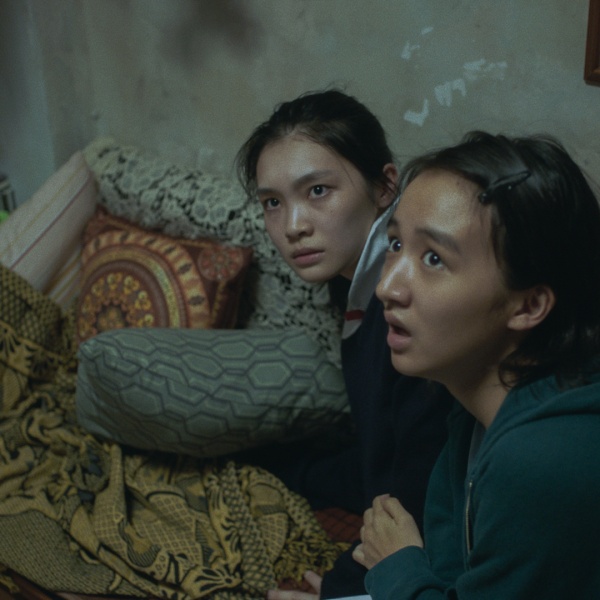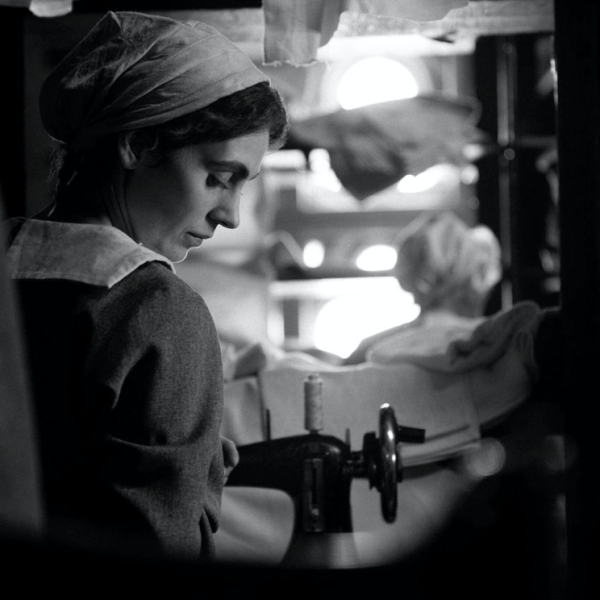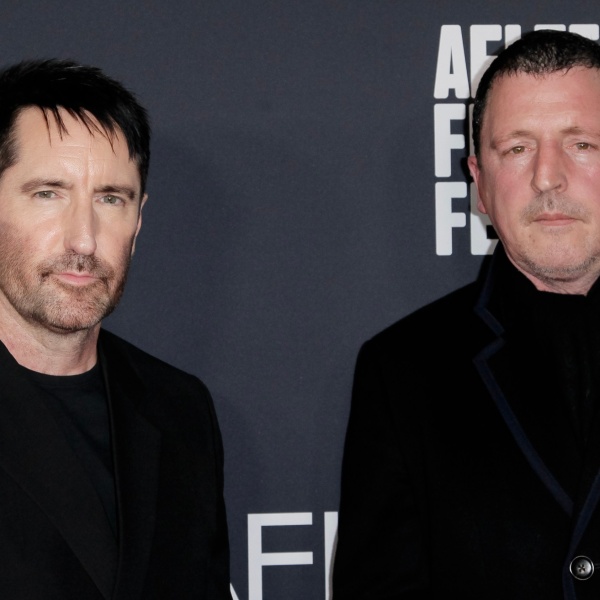Kenneth Branagh knew Natalie Portman was the perfect fit to play “Thor” female lead Jane Foster.
The film‘s co-screenwriter Zack Stentz said in “MCU: The Reign of Marvel Studios” by Joanna Robinson, Dave Gonzales, and Gavin Edwards that director Branagh was “very taken with” Portman after meeting her.
“He was very taken with her, not in a romantic way, but with her intelligence,” Stentz said of Branagh (as excerpted by Vanity Fair). “Jane is a physicist, and we needed someone who could convey that intelligence. That’s what struck him about her: He said, forgive me, ‘Because the last thing we need is nuclear physicist Denise Richards.’”
Richards portrayed a nuclear physicist in 1999 James Bond film “The World Is Not Enough,” and won a Razzie for her critically panned performance.
Per Portman, she agreed to appear in “Thor” because she hoped Branagh’s take on the Marvel character would be “super weird.” Portman played Jane in three out of the four “Thor” films, returning in Taika Waititi’s “Thor: Love and Thunder” as a transformed Lady Thor.
Stentz recalled Branagh wanting to change certain aspects of the comics for the big screen adaptation, to which Marvel Studios head Kevin Feige took issue.
“One of my most vivid memories of those notes sessions was Branagh didn’t like the name Mjölnir because it’s difficult to pronounce,” Stentz said. “He turned to all of us and asked, ‘Do we have to call the hammer “Mjölnir”? I see that it’s made out of some metal called “Uru.” Could we call it Uru instead? Or would the fanboys string me up?’”
Stentz continued, “Kevin [Feige] just gave his little half-smile: ‘Ken, the fanboys would string you up.’ ‘Alright. We won’t be doing that, then.’”
Branagh’s initial understanding of the “Thor” Marvel comics was to capture the Shakespearean aspect of the mythical Nordic stories. According to the “A Haunting in Venice” director, “Thor” would be elevated onscreen by combining various cultures’ folklores.
“If the actors take those stakes seriously, it is passionate and very intense,” Branagh said. “That observation of ordinary human — although they’re gods — frailties in people in positions of power is an obsession of great storytellers, including Shakespeare and including the Marvel universe.”
He continued, “Shakespeare was interested in the lives of the medieval royal families, but he also raided the Roman myths and the Greek myths for the same purpose. I think Stan Lee went to the myths that Shakespeare hadn’t used.”





